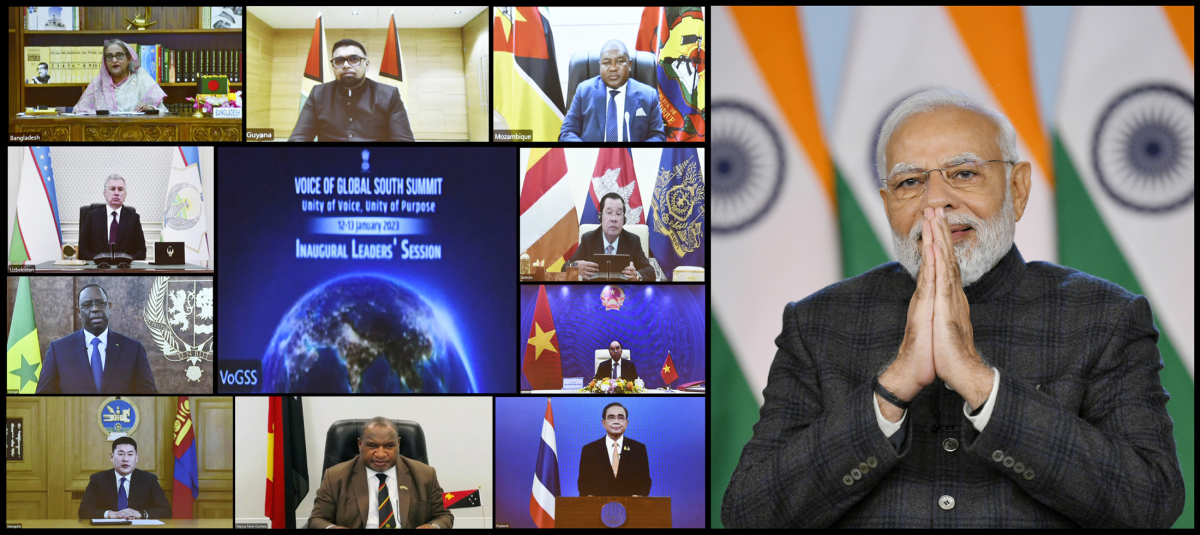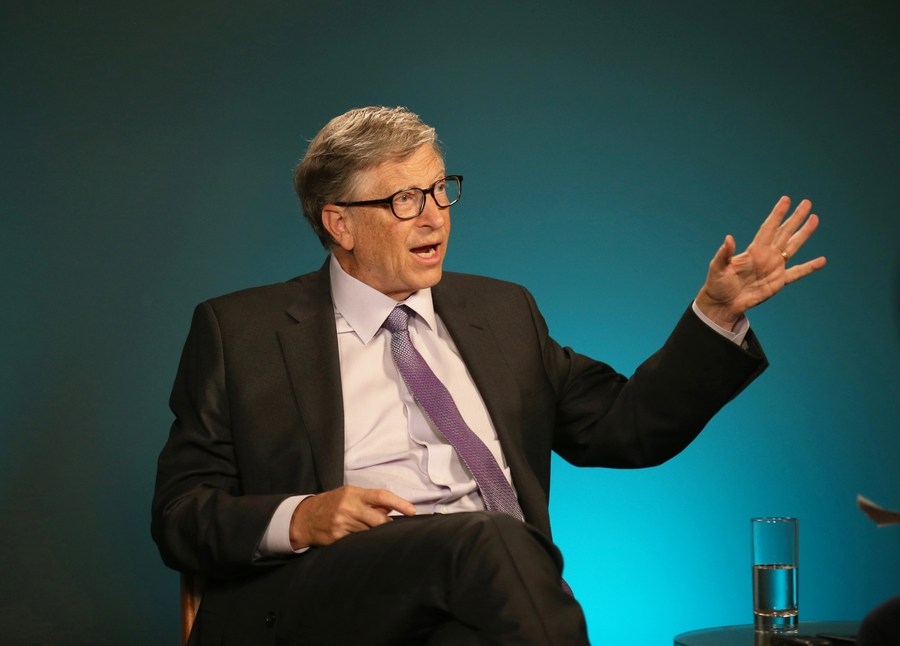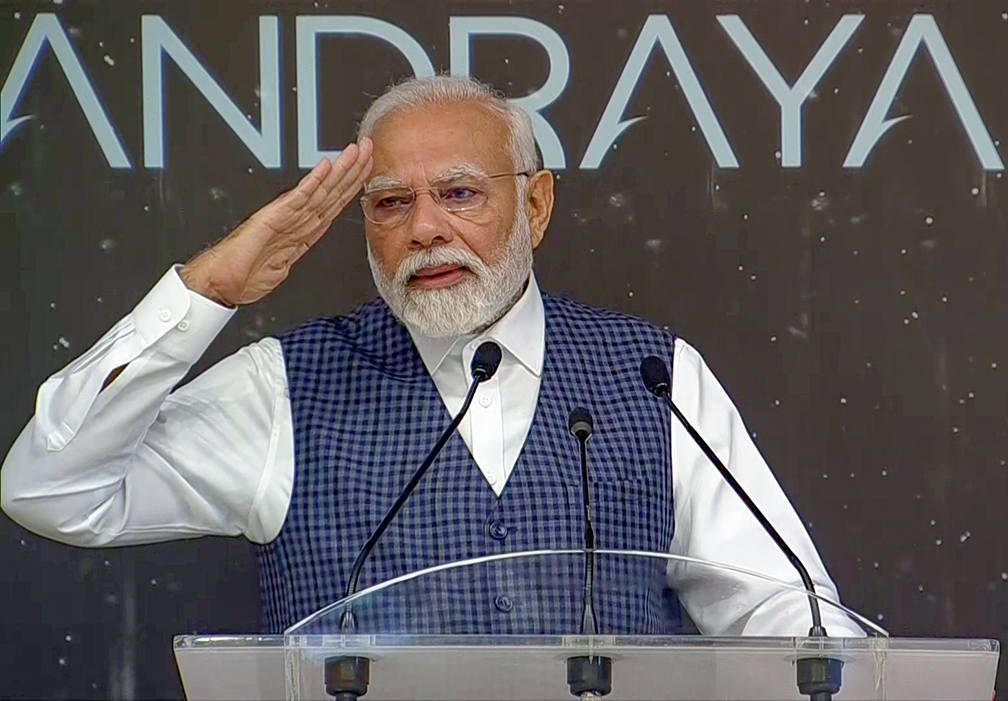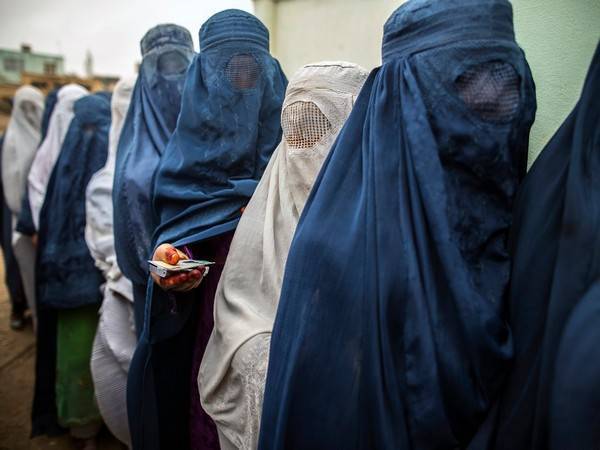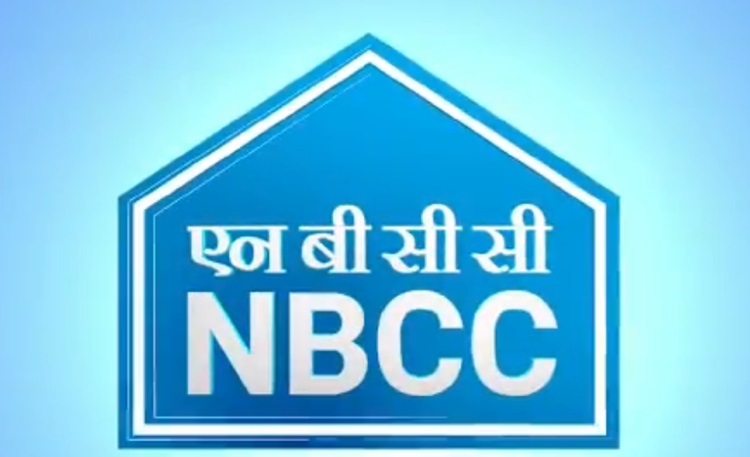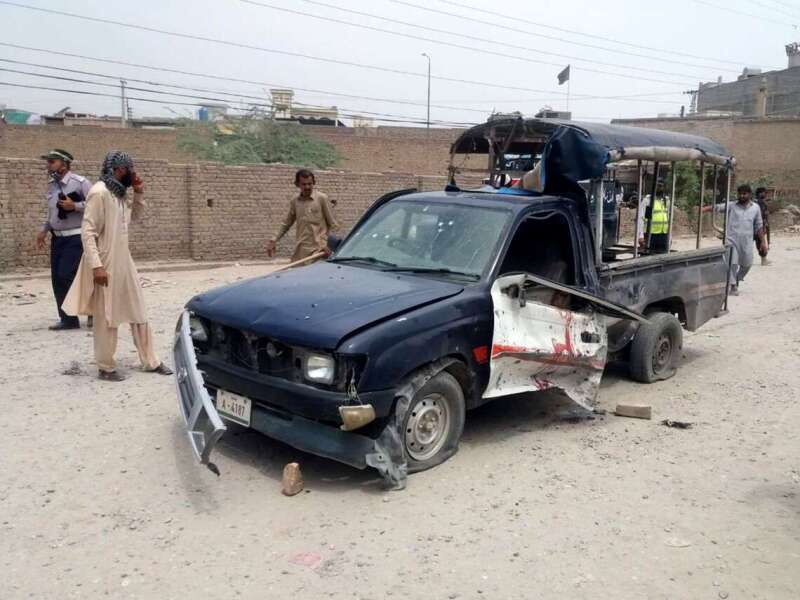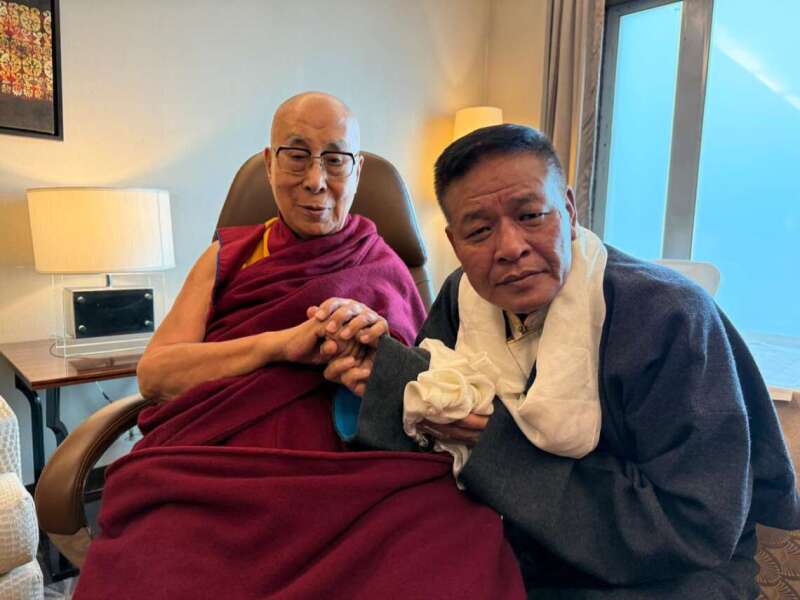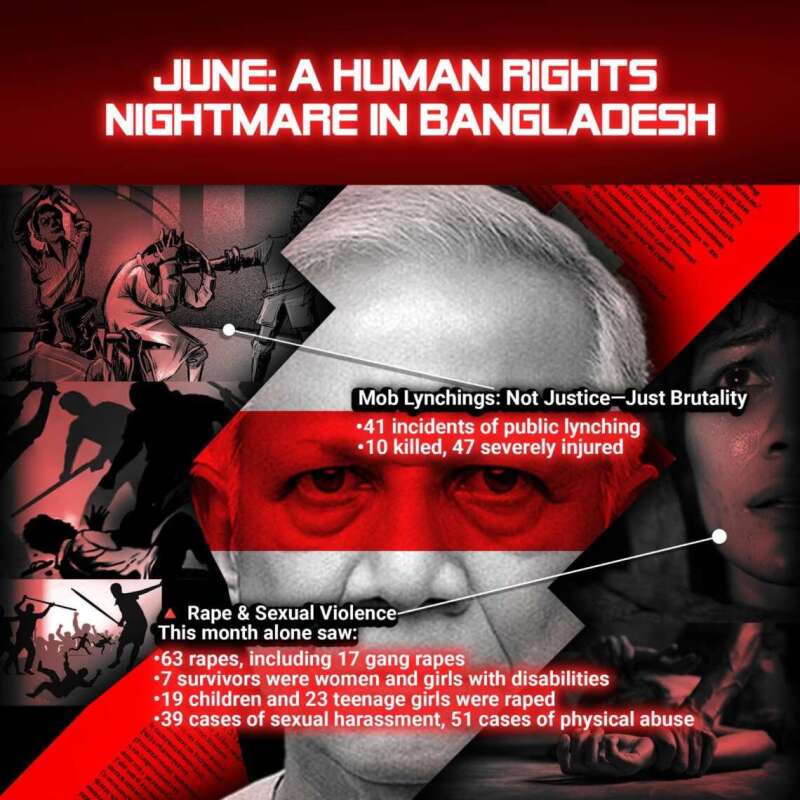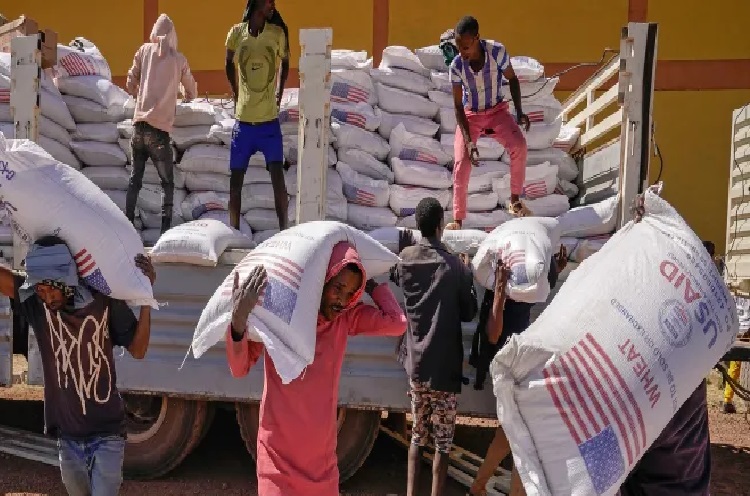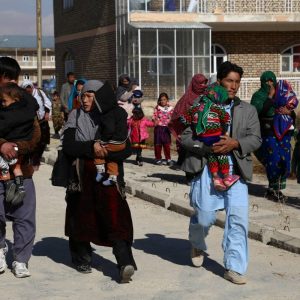Prime Minister Narendra Modi and Mauritian counterpart Pravind Jugnauth jointly inaugurated new infrastructure, including an airstrip and jetty, aiming for regional security and prosperity…reports Asian Lite News
In yet another proof of its emergence as an emphatic voice of the Global South, India joined hands with “valued friend” Mauritius once again to strengthen its maritime security and foster socio-economic development.
Along with six other community development projects, Prime Minister Narendra Modi and his Indian-origin Mauritius counterpart Pravind Jugnauth inaugurated a new airstrip and a jetty in Agalega Island on Thursday — a move seen as an attempt to ensure security, prosperity, and stability in the Indian Ocean Region.
The development was seen as a reaffirmation of the Modi government’s focus on ‘sabka saath, sabka vikas’ as a hallmark of India’s foreign policy. It goes without saying that PM Modi has been successful in setting the economic agenda aimed at shaping global growth at various international forums.
With the oceanic nation being a key partner of India’s ‘Neighbourhood First Policy’ and a special partner under Vision SAGAR, the last 10 years have registered an “unprecedented momentum” in the relations between the two countries.
India has extended a credit line of $1,000 million along with USD 400 million worth of assistance to the people of Mauritius which underlines the fact that addressing the humanitarian issues is of paramount importance for PM Modi.
In addition, New Delhi has contributed profusely to the development of metro rail lines, community development projects, social housing, ENT Hospital, Civil Service College, and sports complexes infrastructures in Mauritius.
In what highlights India’s greater role in the development of various nations under the visionary leadership of PM Modi, the government has initiated around 600 projects on infrastructure, energy, healthcare, etc, in 78 countries, especially from the Global South.
It is these partnerships in the Global South — from security and health to EEZ — that spotlights India’s role as a “vishwaguru”, or global teacher, in leading developmental work across third-world countries.
With the Covid-19 pandemic and the Russia-Ukraine war putting the third-world nations under a severe strain, Papua New Guinea PM James Marape, in his address at the Forum for India-Pacific Islands Cooperation in May 2023, urged PM Modi to offer a voice in the face of the Global North.
Marape reportedly suggested that the Pacific Island countries would rally behind his voice at global forums even as he praised the Indian PM as the leader of the Global South.
India’s efforts for these countries were made amply clear during PM Modi’s address at the opening session of the 2023 Voice of Global South summit where the leader called for creating a new world order to ensure the welfare of citizens in developing countries.
Emphasising that the next phase of global growth will come from countries in the South, PM Modi stressed self-reliance and proposed a four-point global agenda of ‘Respond, Recognise, Respect and Reform’ at the session.
In a bid to remove inequalities, support growth and opportunities, and spread progress and prosperity, the PM — successfully positioning India as a powerhouse of the 21st century — urged the developing countries to work towards redesigning political and financial governance globally.
Apart from Mauritius, the shining examples of developmental contributions made by India, based on the partner country’s priorities, include the recent launch of Unified Payment Interface (UPI) services in Sri Lanka and Mauritius.
In a groundbreaking move last year, India and the United Nations launched the ‘India-UN Capacity Building Initiative’, which aims to share the South Asian nation’s development experiences, best practices, and expertise with partner countries in the Global South.
In December last year, the Ministry of External Affairs (MEA) informed the Parliament that India has extended lines of credit ‘worth $32.02 billion’ for infra projects in Asian and African countries.
Responding to a question in the Rajya Sabha, Minister of State for External Affairs, V. Muraleedharan, said that these funds have supported more than 600 projects in sectors ranging from infrastructure, power, connectivity and health.
Providing a breakup of the line of credit amount, Muraleedharan said about $17.06 billion has gone to countries in Asia, $12.15 billion to those in Africa, and $2.81 billion to countries elsewhere.
Further, grant assistance projects with countries such as Afghanistan, Bangladesh, Maldives, Myanmar, Nepal, Sri Lanka, and Bhutan have also been set up as part of India’s ‘Neighbourhood First’ policy.
The parliament was also told that the government is also offering capacity-building assistance to its partners in the Global South under the Indian Technical and Economic Cooperation Programme (ITEC).
“Around 160 countries benefit from these scholarships every year. More than 14,000 training slots are available annually for civilian and defence courses,” V. Muraleedharan had said.
Via ITEC, India has helped countries like Afghanistan, Lithuania, Maldives, Nepal, etc, and scholarships were also announced for Pacific Island Countries in May last year.


